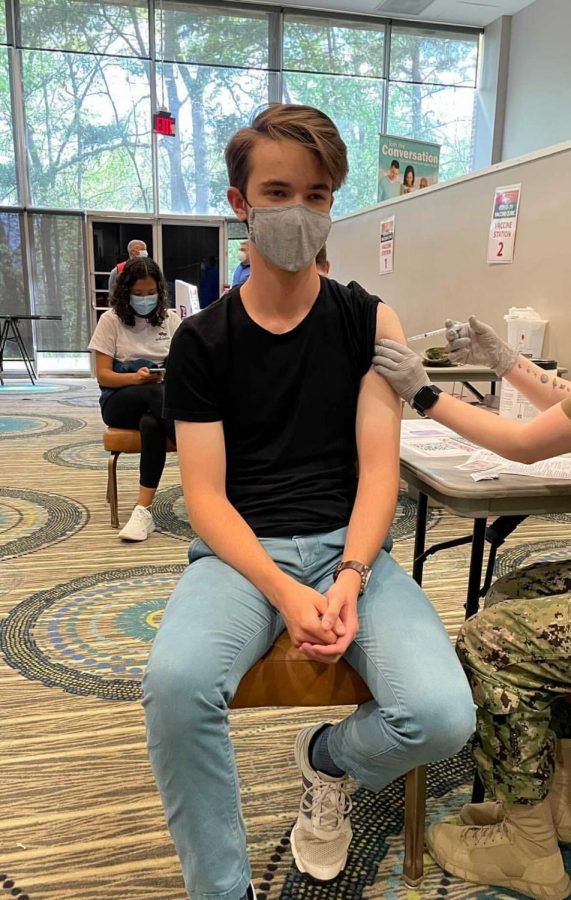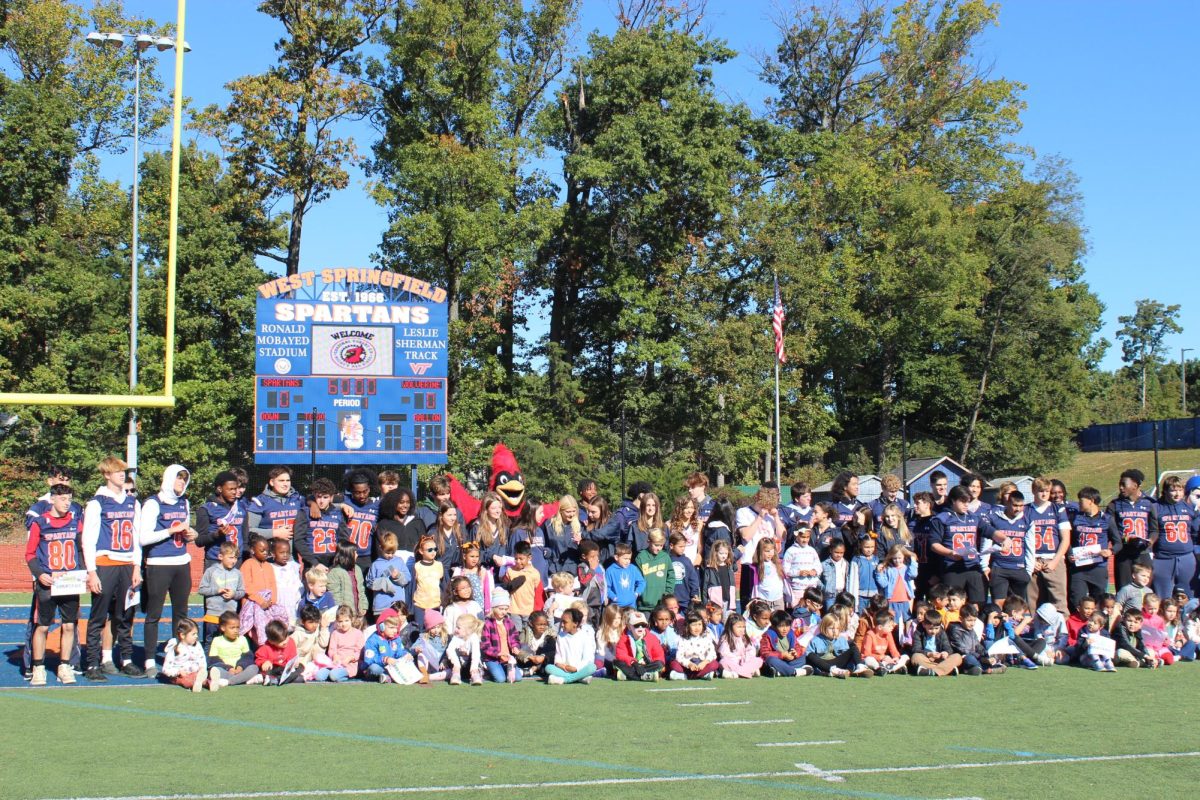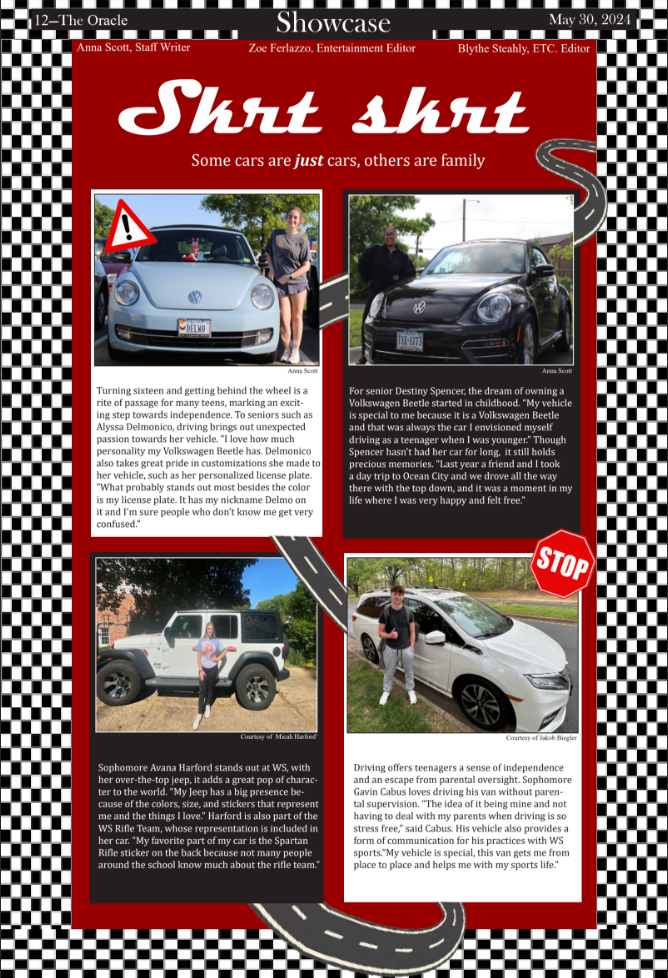Rise of vaccinations among students
Photo courtesy of Thomas Seeger
Sophomore Thomas Seeger eagerly receiving his first dose of the Pfizer vaccine in hopes to be able to visit family in the summer.
May 7, 2021
Vaccinations among WS students increased to 30% of almost 200 people polled after Virginia’s governor announced that all individuals 16 and up would be eligible for the vaccine.
Over 76 million Americans have been fully vaccinated as of mid-April. With the pandemic recently hitting the year old mark, concern over safety has kept some from getting the vaccine. Normally, vaccines would take anywhere up to ten years to research and to conduct trials on, but the global despair has dramatically shortened that time frame. Some short-term side effects have been identified with the UK vaccine, AstraZeneca, and with the US Johnson & Johnson vaccine.
“I think my biggest concern was how the vaccine would react to my body,” said senior Chris Jesten. “But I’ve been fully vaccinated for two weeks now and I have yet to have any negative symptoms.”
All three companies’ vaccines have caused side effects. Symptoms have been shown to be more prominent with the second dose among people who were not diagnosed with COVID-19, and vice versa for people who were diagnosed with it. Along with the physical symptoms, many people have experienced emotional ones as well.
“I felt a rush of relief,” said junior Samantha Korff after receiving her first shot of the Pfizer vaccine. “Mass vaccination means we’re approaching the beginning of the end to this pandemic, and I could not be more excited.”
The health and safety of the WS community are of utmost importance. Some colleges and workplaces have begun requiring students and employees to get the vaccine to attend facilities. Students who participate in sports and extracurriculars have also made the decision to get the vaccine to protect the well-being of themselves and their teammates.
“I got it mainly because I work and come into contact with people while working and playing sports,” explained senior Alexia Pugh.
Returning to life before the pandemic seems so close yet so far. Dr. Anthony Fauci, a leading advisor during the pandemic, speculates that by the end of 2021, some level of normalcy will be achieved. Masks, however, will most likely need to still be worn in order to protect those who cannot get vaccinated. This vaccine is a huge step after a year full of plateaus.
“The more people who get it, the sooner we’ll all be able to get back to doing things with friends, going to movies, sporting events, concerts, etc,” said sophomore Thomas Seeger. “The vaccine is our ticket back to normalcy.”





